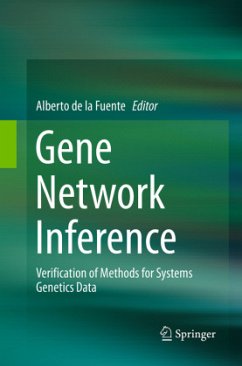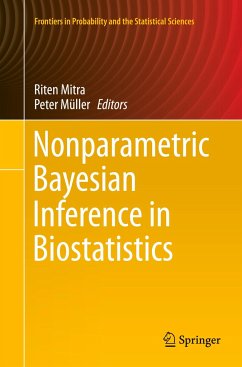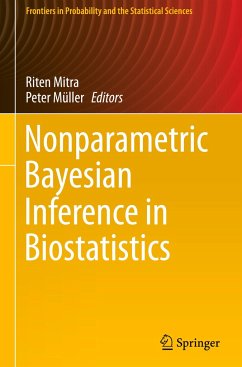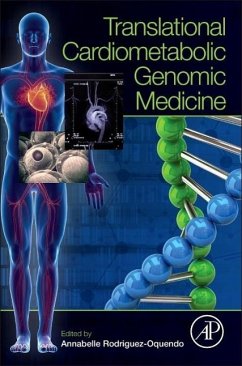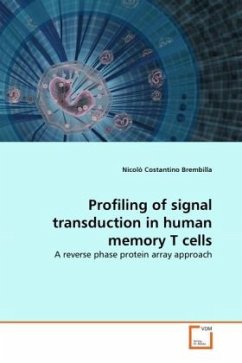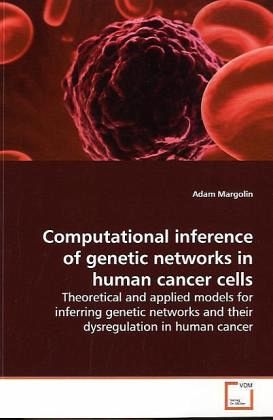
Computational inference of genetic networks in human cancer cells
Theoretical and applied models for inferring genetic networks and their dysregulation in human cancer
Versandkostenfrei!
Versandfertig in 6-10 Tagen
52,99 €
inkl. MwSt.

PAYBACK Punkte
26 °P sammeln!
The dysregulated activity of genetic regulatorynetworks contributes to neoplastic transformation by promoting aberrantexpression of genes involved in regulating cell homeostasis.Therefore, characterization of regulatory networks in humancancer cells is a critical objective in understanding the molecularmechanisms of cell transformation. Modern high throughput technologiesare providing the first window into regulatory processes on thegenome scale, foretelling the ability of computational inferencealgorithms to produce models of regulatory networks that willrevolutionize our understanding and tr...
The dysregulated activity of genetic regulatory
networks contributes
to neoplastic transformation by promoting aberrant
expression of
genes involved in regulating cell homeostasis.
Therefore,
characterization of regulatory networks in human
cancer cells is a
critical objective in understanding the molecular
mechanisms of cell
transformation. Modern high throughput technologies
are providing
the first window into regulatory processes on the
genome scale,
foretelling the ability of computational inference
algorithms to
produce models of regulatory networks that will
revolutionize our
understanding and treatment of cancer by 1)
describing how
genomic alterations cause functional disruptions in
the network
regulating cell homeostasis, leading to aberrant cell
growth and
cancer, and 2) predicting therapeutic interventions,
in which critical
components of the network can be targeted to revert
the cancer
phenotype. This book will develop methods that
advance the current
state of the art in inferring genetic regulatory
networks from high
throughput data, with specific application to both
gene expression
and ChIP-on-chip data.
networks contributes
to neoplastic transformation by promoting aberrant
expression of
genes involved in regulating cell homeostasis.
Therefore,
characterization of regulatory networks in human
cancer cells is a
critical objective in understanding the molecular
mechanisms of cell
transformation. Modern high throughput technologies
are providing
the first window into regulatory processes on the
genome scale,
foretelling the ability of computational inference
algorithms to
produce models of regulatory networks that will
revolutionize our
understanding and treatment of cancer by 1)
describing how
genomic alterations cause functional disruptions in
the network
regulating cell homeostasis, leading to aberrant cell
growth and
cancer, and 2) predicting therapeutic interventions,
in which critical
components of the network can be targeted to revert
the cancer
phenotype. This book will develop methods that
advance the current
state of the art in inferring genetic regulatory
networks from high
throughput data, with specific application to both
gene expression
and ChIP-on-chip data.



